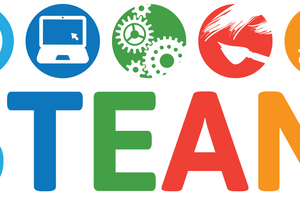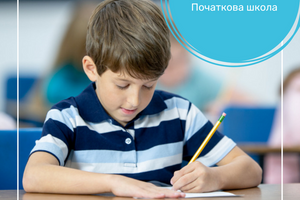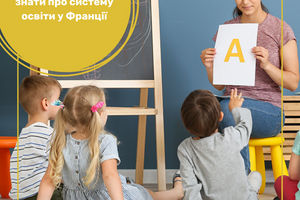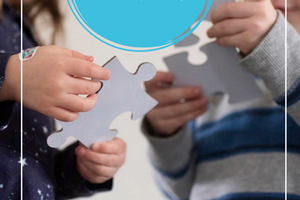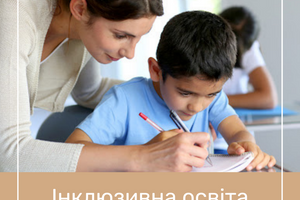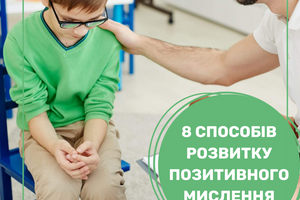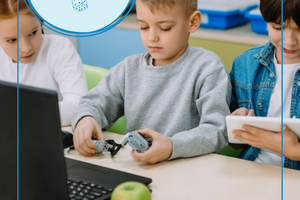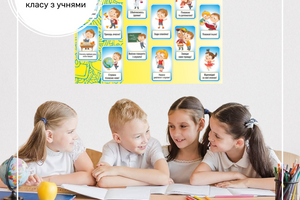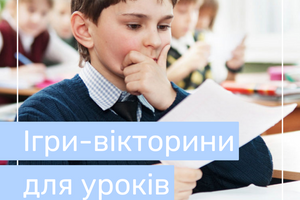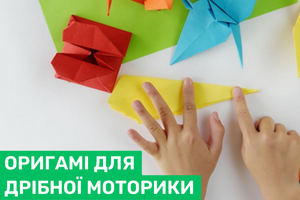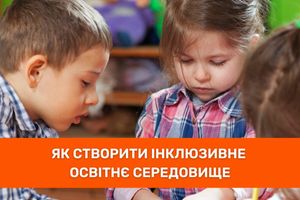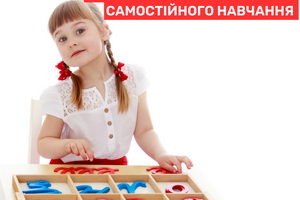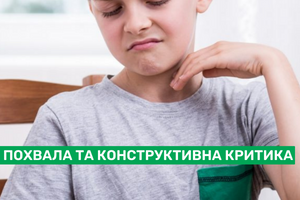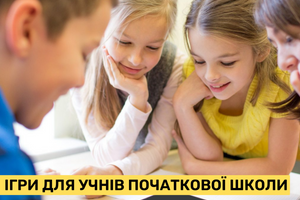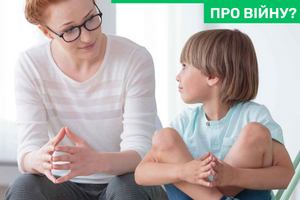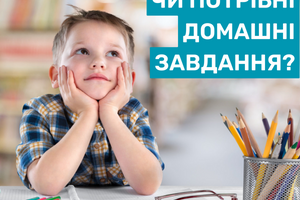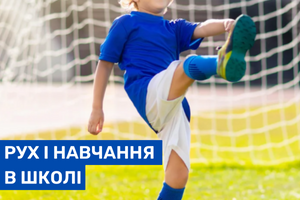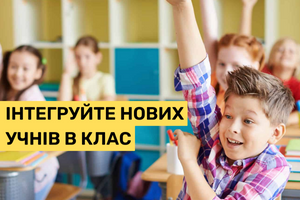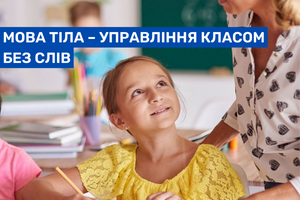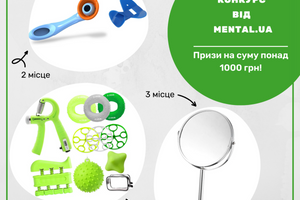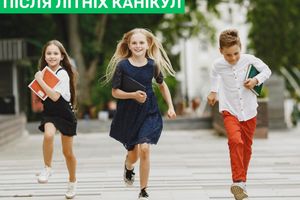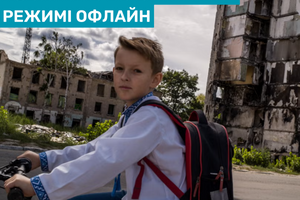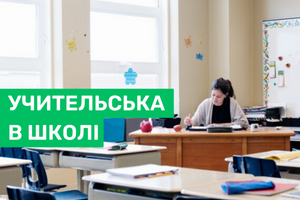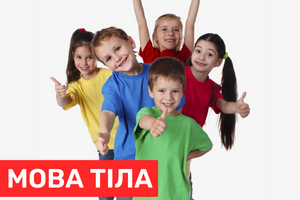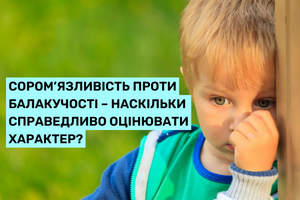Almost all of us know this word and understand its meaning. Music is the sounds that are sung or played on instruments that create a certain musical composition. Music is part of culture and entertainment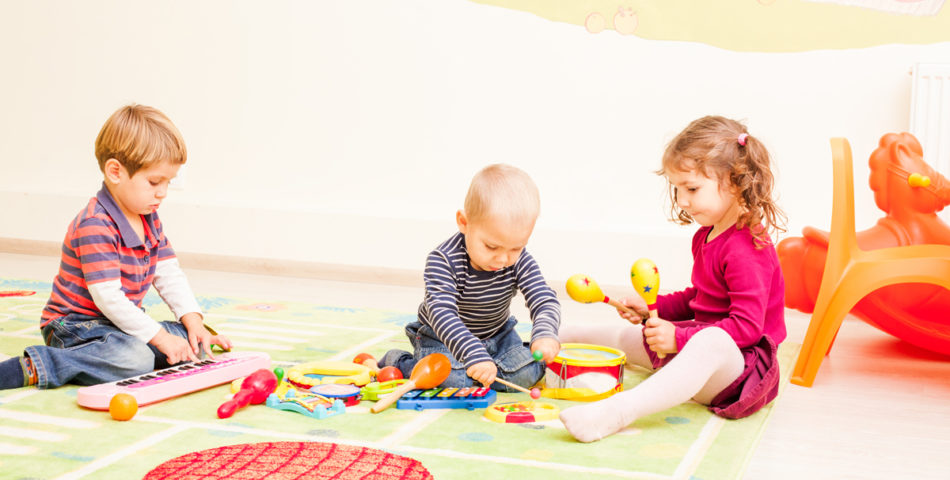
Music plays an important role in human life. Also, it always accompanies a person during work, study and entertainment. Musical activities in kindergarten are aimed at developing children's creative abilities and interest in musical culture. Music teaches to overcome difficulties, inspires respect for work. Listening to good music and songs affects the aesthetic feelings of the child, forms examples of correct behavior, makes it more sensitive to the harm of others, encourages imitation of positive behavior and develops a critical attitude towards negative behavior. Music lessons in kindergarten develop many intellectual functions: attention, reliable response to stimuli and accuracy of perception, effective memory, communication and analysis processes, individual imagination, social behavior,
A very important role of music classes is that they influence the development of children's hearing, speech and thinking. With the help of spelling and emission exercises on the text of song melodies and small texts of children's literature, you can train correct pronunciation, correct pronunciation of sounds, skillful control of the voice. Performing rhythms on non-melodic instruments affects the process of auditory analysis and synthesis.
Music plays an important role in a child's development and occupies a very important place in preschool education. Preschool age, from 3 to 6 years old, is the best time to start music education. That is why it is so important to organize music classes in kindergarten.
The teacher can organize music activities in different ways, mainly activities such as singing, listening to music, moving to music, playing instruments and making music are recommended.
Musical education in kindergarten is carried out in the following forms:
- musical movement
- singing and speech,
- play instruments,
- listening to music.
Each of these forms develops different skills, so they are all used for comprehensive personality development. In addition, the use of various forms has a very positive effect on children's activity, concentrates attention, and stimulates interest.
During music lessons in kindergarten, active, expressive forms prevail: singing, movement, speech, playing instruments. It is known that upbringing and education of a child should take place through direct cognition, experience and action. Therefore, it is important to organize musical activities in such a way that all the knowledge and skills acquired by children are the result of their own experience, research, manipulations and their own activities.









